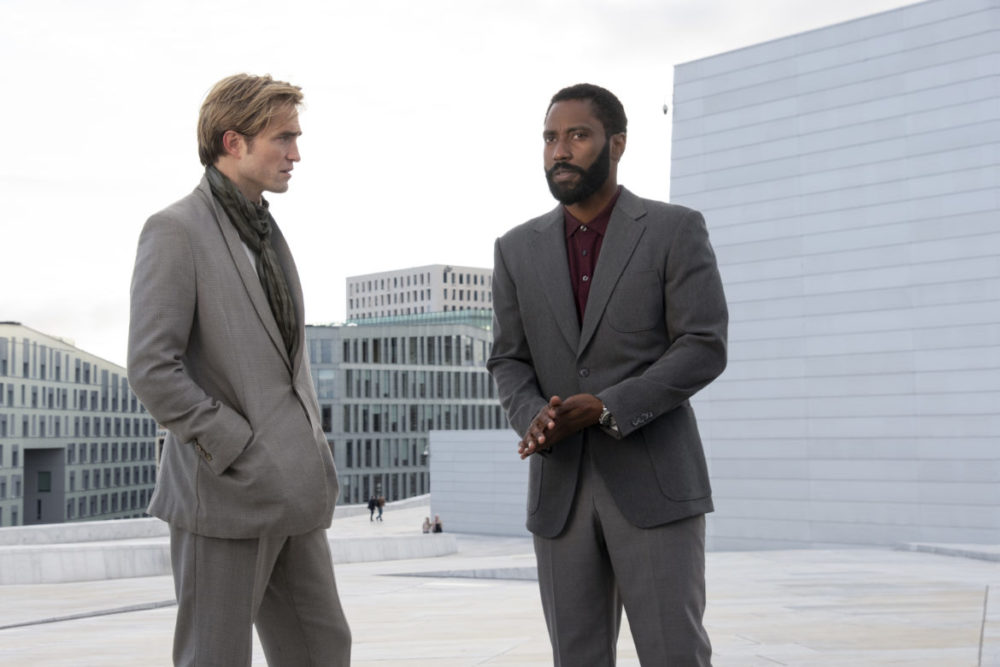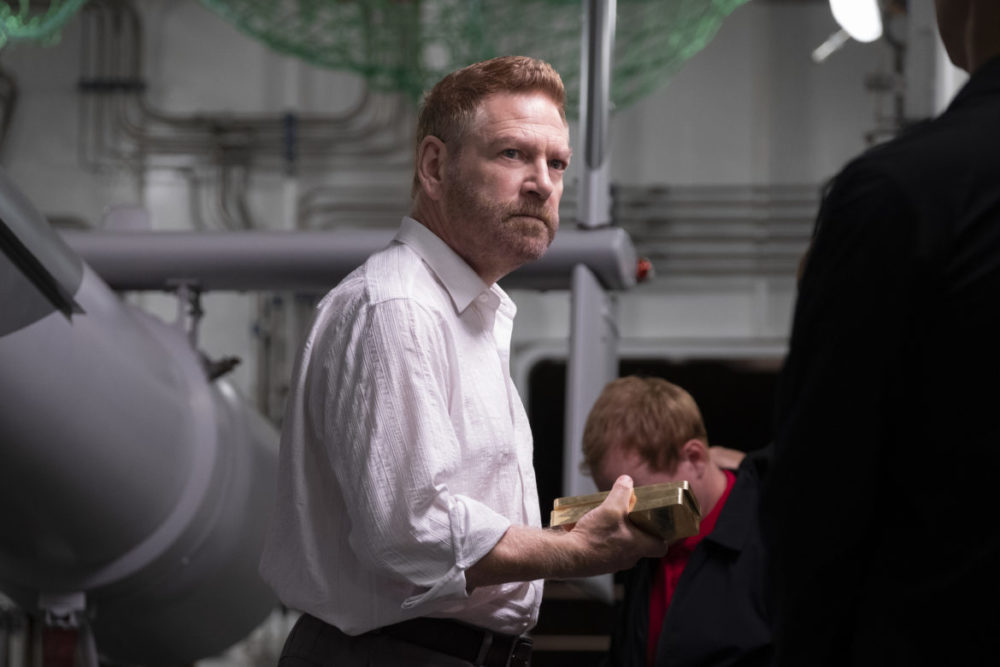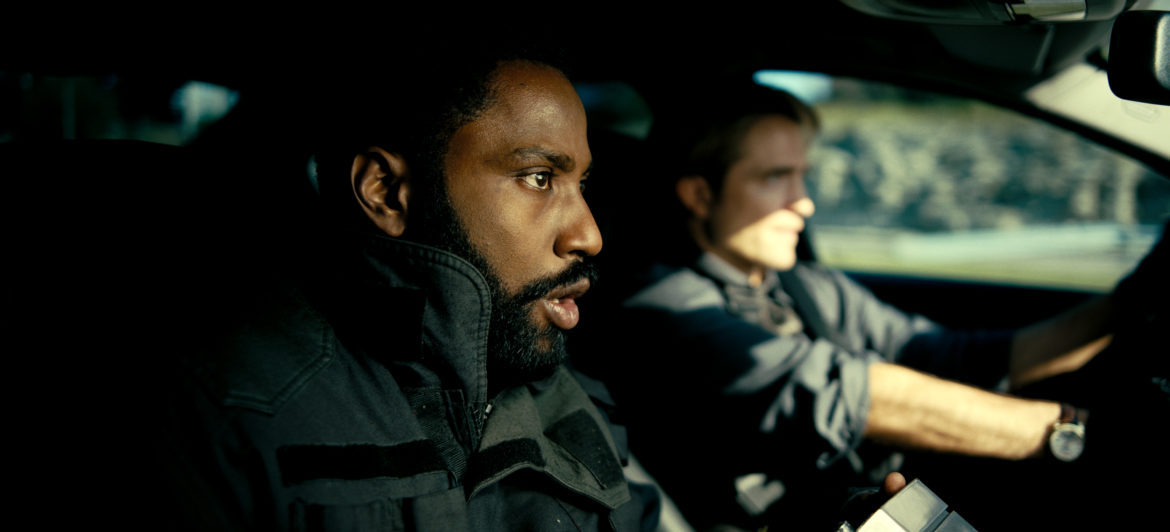TL;DR
Christopher Nolan's latest, Tenet, tackles time manipulation with inverted bullets, but this ambitious concept falls flat. Despite Nolan's pedigree and commendable practical effects, the film is a major disappointment. Expect disjointed editing, unconvincing dialogue, and lackluster action sequences that feel more distracting than compelling. Lead actor John David Washington and Kenneth Branagh's performances are particularly underwhelming, though Robert Pattinson shines. While the cinematography is stylish, it can't salvage a film that feels more like a flawed rough cut than a polished masterpiece. Discover the full verdict on whether Tenet lives up to Nolan's usual brilliance.
Update: Tenet has now been released on home video. We have reviewed the Ultra HD 4K + Blu-ray Steelbook edition.
My introduction to director and screenwriter Christopher Nolan occurred twenty years ago with his ingenious film, Memento. The film presented an inventive premise, stark visuals, and astute editing. The casting was impeccable, and Memento remains a personal favorite. When Nolan subsequently revitalized Batman by returning to its darker origins and delivered Inception, a landmark action film, he solidified his reputation. While minor imperfections exist in all his works, they are generally intelligent, well-structured films that introduce innovative concepts. Consider the music in Interstellar or the accurate scale of the spaceships, enhancing the visual fidelity. Nolan’s commitment to detail is evident. However, Dunkirk, released three years prior, while not a poor film, did not quite reach the heights of his previous achievements.
Upon viewing the teaser for Tenet, I instinctively anticipated a return to Nolan’s finest form, a fusion of Inception and Memento. I eagerly awaited the opportunity to experience something new on the big screen.

The film’s protagonist (portrayed by John David Washington) is assigned the task of identifying the source of inverted bullets, projectiles that move in reverse, manipulating time and space. His investigation spans the globe, leading him to London where he encounters Kat (Elizabeth Debicki) and becomes entangled with her malevolent arms dealer husband, Sator (Kenneth Branagh). The mission proves perilous, and with the assistance of Neil (Robert Pattinson), they soon realize the entire world is at risk.

I must confess my profound disappointment with Tenet. It ranks among the least compelling films I’ve seen. The fact that Christopher Nolan directed and wrote it only amplified the disappointment. Before detailing the film’s shortcomings, I will acknowledge its two redeeming qualities. First: Robert Pattinson delivered a compelling performance. His demeanor and acting style were well-suited to the character. Second: The practical effects are commendable. Nolan’s commitment to practical effects, such as the use of a real plane to destroy vehicles, is noteworthy.

Unfortunately, the positive aspects end there. Tenet quickly becomes problematic. The editing feels disjointed, preventing the viewer from fully immersing themselves in the narrative. It feels as though a significantly longer rough cut was drastically condensed to an unbearable 150 minutes. The dialogue is unnatural and unconvincing, suggesting the actors lacked a clear understanding of their characters’ motivations. While considerable effort was invested in the action sequences, the results are ultimately unconvincing. The concept of objects moving in reverse proves more distracting than compelling.

One sequence in Tenet stands out as particularly egregious. (Mild spoiler alert!) The team attempts a heist on a cash transport using four large trucks, including a fire engine. They position the trucks within extremely close proximity to the target vehicle, essentially boxing it in. The drivers of the cash transport appear oblivious and continue driving.
The poor direction and execution of this scene were profoundly disappointing. Another scene, set in Norway, depicts the hijacking of a transport plane carrying gold, guarded by only two unarmed security personnel. The supposedly “smart heists” resemble plans devised by a child.

Beyond the flawed action sequences, dialogue, and editing, the casting choices were particularly problematic. John David Washington’s performance in the lead role was a significant misstep. His portrayal lacked the necessary gravitas, failing to convey the character’s inherent qualities. He appears as a mere shadow of his father, Denzel Washington. Elizabeth Debicki, previously seen in Widows, also seemed miscast. While she delivered a compelling performance in Guardians of the Galaxy vol. 2, her presence in Tenet feels forced and unnatural.
Throughout the film, I questioned the decision to cast what appeared to be a substandard Kenneth Branagh imitation. To my surprise, it was indeed Branagh himself, delivering a lackluster performance with a strained gaze and an unconvincing Russian accent.

In conclusion, a comprehensive critique of Tenet could be significantly more extensive, given the multitude of issues. My disappointment in Christopher Nolan is considerable, and it will impact my expectations for his future projects. The film avoids a failing grade solely due to Pattinson’s performance, the practical effects, and Hoyte Van Hoytema’s stylish cinematography.
